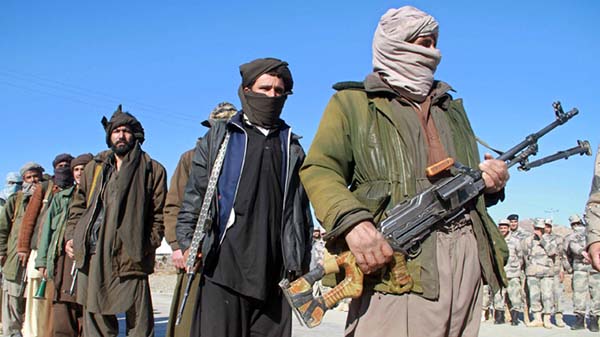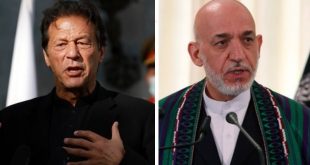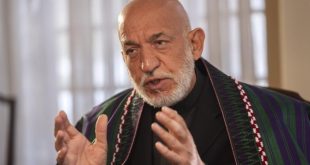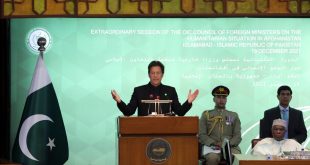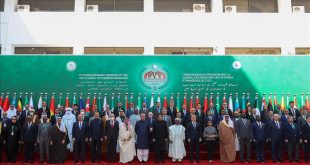The fall of the Kunduz city echoes not only at home but across the world. Put your TV set on and the fall echoes. Put your radio set on and you will be flooded with news regarding the fall. Turn towards internet, and you will find the domestic and global media outlets abuzz with the fall-stuff. Some are comparing it with the fall of Iraq. Some are blaming the government. Some are blaming Pakistan. Some are pointing at Obama and consider the fall as one the implications of his calendar-based withdrawal. Some are thinking security officials are responsible. While others are furious over the intelligence agency chief and summoned him to the parliament. The Afghan intelligence chief appeared before the Parliament and informed the lawmakers what really caused the fall. And then some are bashing the National Unity Government, particularly the President Ashraf Ghani. This is no denying that the fall of Kunduz has sent the government in a state of extreme nervousness and it has disillusioned the masses. Though, the Taliban had also captured Qala Musa in Helmand but they were flushed out of the area. And now they are in the city of Kunduz and eventually they will be put to rout, yet they succeeded in undermining the general public’s confidence in the government and at the same time sending a powerful message to Washington to recalculate its pullout plans.
The Taliban launched their second largest assault on this fifth largest city and not only kept the peace of Afghanistan at tenterhooks but also of the region and the world. Here the Afghan government doesn’t look the only entity to be blamed for the security mess. Some international factors are also involved and world leaders are also blameworthy.
For instance, if the United States could slap economic sanctions on Russia and trying to isolate it to scold it for Ukraine crisis then why it has been hesitating to treat Pakistan—the godfather of the Taliban, the same way? The US is hesitating just for one reason that its supply routes go through Pakistan? Or the United States and Pakistan have similar designs in Afghanistan? The fall of Kunduz must be seen from two perspectives–domestic and as well as international. When it comes to domestic reasons, perhaps no one else can clearly describe it better than the Afghan spy chief, Rahmatullah Nabil, who was summoned to the Parliament over the biggest security failure.
What he told to the lawmakers is eye-opening, shocking and at the same time calling for a fact-finding team to be constituted. He informed the lawmakers that the intelligence reports submitted to the Defense Ministry, Interior Ministry and local security officials were overlooked and eventually the collapse happened. He also told the Parliament that they had planned some 27 clearance operations and crackdowns in Kunduz province, but they couldn’t be started for certain reasons, which couldn’t be shared with the lawmakers in the presence of media. There are also some international factors which must be taken into account when someone talks of Kunduz fall. The fall of Kunduz started way back in 2004 when the world attention diverted to Iraq. The ISIS threat in the Middle East also grabbed the US attention and energies. The US created a new front in Ukraine. Iraq had already sucked much of the energies of the United States, thus weakening its focus and energies in Afghanistan. All these factors collectively never let the coalition troops and Afghan security forces to completely wipe terrorism out from Afghanistan. And on top of that the US heavily relied on an ally whose nature is to deceive. The 14 years alliance which is still intact has shown to the world that deception is kneaded in its nature. Moreover, Kunduz perhaps is the key province in the north for the Taliban, the last to be left in 2001 and the one where the Taliban has some small pockets of support unlike in Ghazni, Kunar, Nangarhar, and other provinces where people took up arms against them, and didn’t provide them the opportunity to capture some larger areas. Kabul and Washington are equally blameworthy for the collapse of Kunduz. The US President Obama followed a calendar-based troop reduction and he wants to see his troops out from Afghanistan by 2017—the year of the end of his presidential term. Reducing the number of troops means providing vacuum to the militants. Here at home, our elected leaders were at loggerheads over ministries and there out the world leaders were busier in some other challenges while in the Taliban and their masters were busy in plans how to exploit the weakness.
 Afghanistan Times
Afghanistan Times
